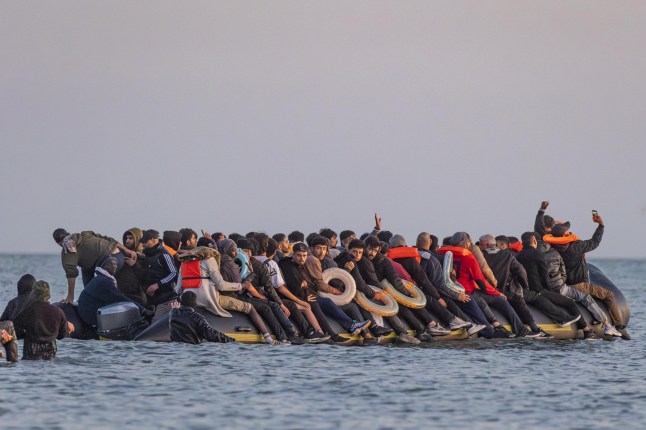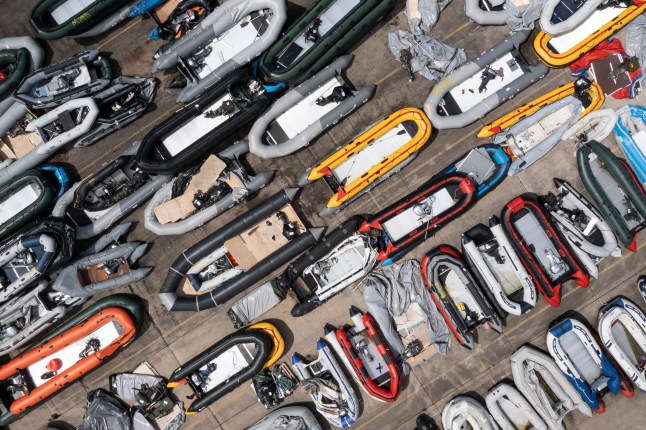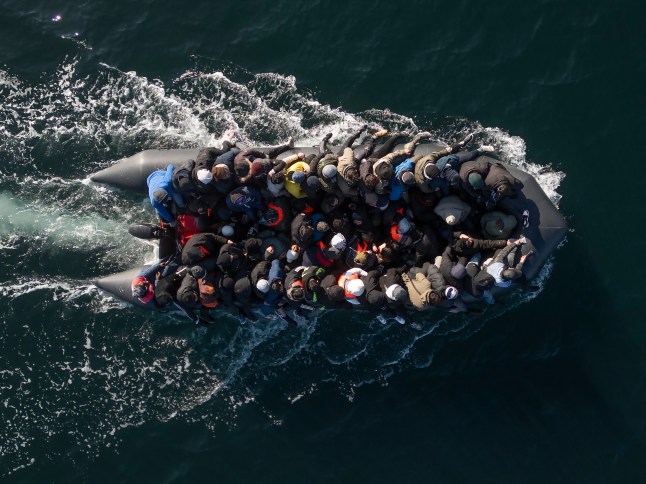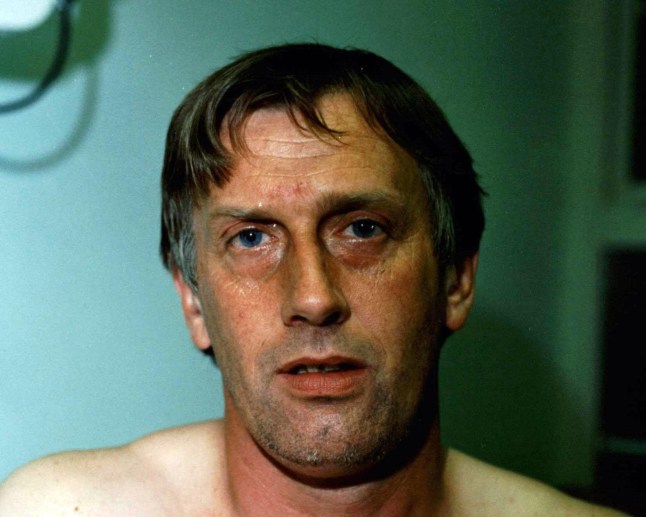
It will have surprised no one – but provoked a great deal of performative shock among politicians and commentators – that the number of people crossing to the UK in a small boat this year is significantly higher than previous years.
Almost 20,000 people risked their lives to make the journey in the first half of 2025. That’s a 48% increase from the same period last year and 75% higher (amounting to 11,433 people) than in 2023.
The country, in so many ways so divided, is united in one thing: we do not want people arriving in dangerous circumstances like this. And we share an immense frustration with the succession of politicians who have claimed to make it their mission to prevent crossings – and failed.
It is clear that government enforcement policies in this area are having next to no impact on numbers. It is to a far greater degree the weather and crossing conditions in the Channel that have real sway on how many people make the attempt, week in, week out.
But the policing operations on French shores and escalating tactics, like the use of tear gas, have made the journey more treacherous.
Sign up for all of the latest stories
Start your day informed with Metro’s News Updates newsletter or get Breaking News alerts the moment it happens.
This is on top of the fact that more and more people are dying in the attempt.

Governments seem addicted to these deterrence measures, despite evidence of failure.
The UN’s International Organisation for Migration (IOM) found there was ‘no discernible effect’ on migration aspirations after asylum seekers were exposed to deterrence messages.
Providing people with safe alternative ways to make the journey has not been on the table for years – outside of a small handful of specific concessions.
But Keir Starmer says he regrets the divisive ‘island of strangers’ language he used in a recent speech about immigration, which he could prove by making a break from the failed politics of hostility to asylum seekers, if we hold him to his word.
To view this video please enable JavaScript, and consider upgrading to a web
browser that
supports HTML5
video
People crossing on small boats have already endured violence, lost homes, and seen despair and death along the way. They are resilient and determined to live: migration is a long-term strategy, both for their own survival, and for a future for their children.
The UK will always be one of the countries where people seek safety and opportunity, and with our ageing population and labour market needs, we have every reason to make the best of that.
Despite the latest big scary number, this is not a new phenomenon: it’s as old as humanity itself.
Politicians trying to act tough are not the first in their place either. Over decades we have systematically eroded the rights of people coming to our shores as refugees. It has never prevented them from coming, but it has caused other problems.

One of these problems has been the subject of concern in recent weeks, with another moral panic stirred up over asylum seekers working. Thanks to that history of politicians slashing their rights in the hopes of making them disappear, migrants do not normally have the right to work legally while their case is being heard.
This process takes on average between one and three years. During this time, whatever their background, skills, or motivation, they’re barred from entering the formal labour market.
And so, many of them find work to support themselves in the informal economy, often in highly exploitative circumstances. The political focus is on male gig economy workers, but there is evidence that the work ban also forces women asylum seekers into sex work.

Two insane cycles need to be broken.
Continuing to deny all safe means of travel for asylum seekers to reach the UK risks them taking irregular small boat crossings. And denying access to safe work for asylum seekers risks them working in the grey economy, subject to exploitation, low pay, and criminalisation.
We have heard rumours that the Government may be ready to finally try something different on one of these problems. With a deal with France to be announced next week, there’s a possibility that we will see the start of some pragmatism to break this cycle of insanity.

In a small shift towards pre-Brexit models of cooperation, the UK may accept to offer safe ways for some asylum seekers to come here from France, and France will accept to receive returned asylum seekers in exchange.
This is an indication that pressure on the Government is working and we must keep it up, because real solutions are not as politically distant as they may seem. However, we should remember that before Brexit a very limited responsibility sharing system was in place, which didn’t fully solve the issue of irregular crossings.
Safe pathways to travel must be accessible enough to give a real option to people who will otherwise take desperate means, and not be accompanied by even more failed policing operations.
Once here, the cycle of exploitation and demonisation will continue if we keep asylum seekers out of legal work and hounded by immigration police. Instead of helping them to find their feet, work in the areas we need them, and start building that future that they have risked everything to have.
Do you have a story you’d like to share? Get in touch by emailing James.Besanvalle@metro.co.uk.
Share your views in the comments below.


